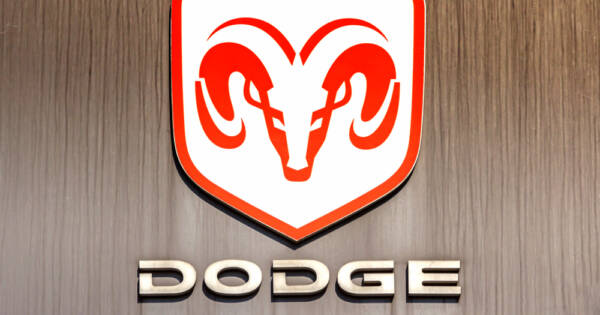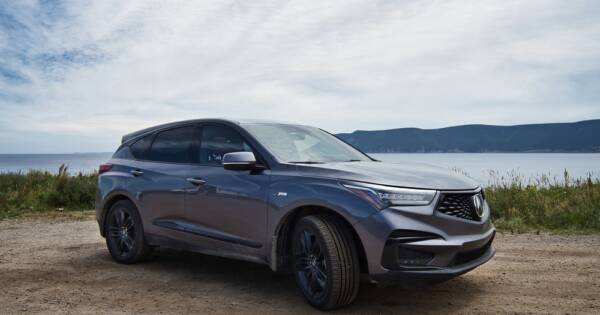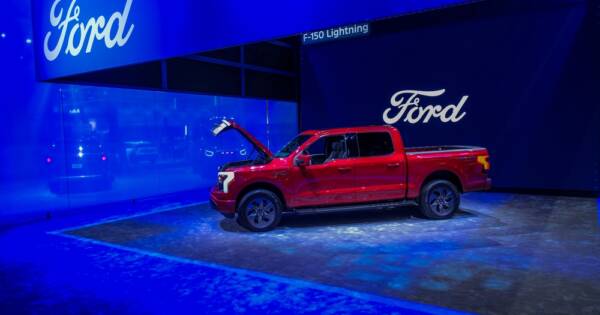Hidden expenses can turn an exciting car purchase into an unexpectedly costly commitment. From dealer add-ons and extended warranties to fees buried in the fine print, many buyers overlook charges that significantly raise the final price. Understanding how to spot unnecessary extras, verify out-the-door totals, and assess long-term ownership costs is essential for staying within budget. With the right awareness, shoppers can protect themselves from surprises and secure a more transparent, predictable buying experience.
1. Sales Tax and Registration Fees
When you purchase a car, the sales tax and registration fees are often added to the final price. While these costs might not be included in the initial price listed for the car, they are necessary and unavoidable. Sales tax is a percentage of the purchase price and can vary depending on where you live. Registration fees are also required to legally drive your car on the road, and these can vary by state or country.
To avoid being caught off guard, ask the dealer for an estimate of these costs before you sign anything. Some dealers might try to hide or downplay these fees, so make sure to factor them into your budget.
2. Dealer Fees and Add-Ons
Car dealerships often add extra fees to the price of the vehicle. Some of these are legitimate, like document fees for processing paperwork, but others are less obvious. Dealers may try to sell you additional products or services, such as extended warranties, paint protection, or rustproofing, all of which come at an extra cost.
Before agreeing to any add-ons, take some time to think about whether you truly need them. Extended warranties, for example, might be unnecessary if the car already comes with a good manufacturer’s warranty. Be sure to ask the dealer for a full breakdown of all additional fees, and don’t hesitate to negotiate or refuse extras you don’t want.
3. Insurance Costs
Car insurance is another expense that buyers often forget to consider when budgeting for a new vehicle. The cost of insurance can vary depending on the make and model of the car, as well as your driving history and location. Sports cars and luxury vehicles tend to be more expensive to insure due to their higher repair costs and theft risk.
To avoid surprises, check with your insurance company for a quote before purchasing the car. This way, you’ll have a clearer picture of what your monthly premiums will be. Some cars, especially newer models, may also have higher insurance costs due to advanced features like collision detection systems or automatic braking.
4. Maintenance and Repair Costs
New cars often come with a warranty that covers most repairs for a limited time, but there will still be maintenance costs you need to factor in. Regular maintenance, like oil changes, tire rotations, and brake repairs, can add up over time. Furthermore, if you buy a used car, you may face the possibility of unexpected repairs once the warranty expires.
It’s important to research the reliability of the car you’re interested in buying. Some brands and models are known for requiring more frequent repairs, which can lead to higher costs down the road. Ask the dealer for maintenance history if buying a used car, and consider investing in an independent inspection to ensure the car is in good condition.
5. Financing Charges
If you plan to finance your car, keep in mind that the interest rate on your loan can significantly increase the overall cost. Many buyers focus only on the monthly payment without considering the total amount they will pay over the course of the loan. The interest rate can vary depending on your credit score, the length of the loan, and the dealer’s terms.
To avoid paying more than you need to, shop around for the best financing options. Don’t be afraid to ask your bank or credit union for a loan pre-approval before going to the dealership. This can give you an idea of the interest rate you’ll be offered and help you avoid high financing charges from the dealer.
Beware of These Extra Charges
Buying a car can be a complex process, and it’s easy to overlook the hidden costs involved. However, by being aware of sales tax, registration fees, dealer fees, insurance costs, maintenance, and financing charges, you can avoid unexpected expenses.
Always ask for a breakdown of costs before committing to a purchase, and don’t hesitate to walk away if the deal doesn’t feel right. With some study and planning, you can ensure that your car-buying experience is both exciting and financially manageable.




